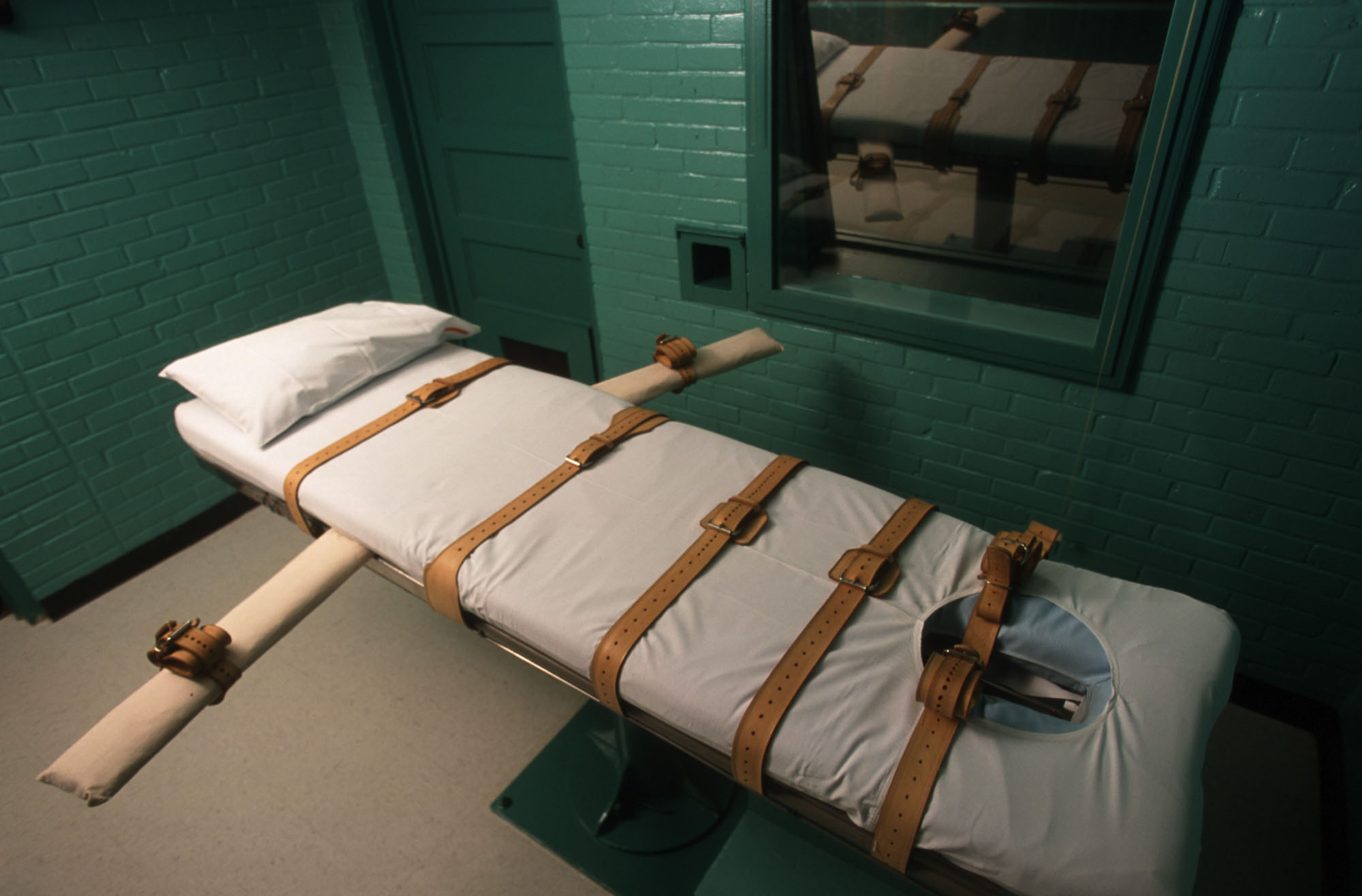UPDATE:
The US Supreme Court has stayed the execution of Henry Skinner, at least temporarily. He has filed a petition to the Supreme Court, and if the Court declines to hear his petition, the stay will be lifted. If the petition is accepted, the stay would continue indefinitely and there would be a hearing at the Supreme Court.
Today, Texas is scheduled to execute Henry “Hank” Skinner, despite the fact that readily available evidence in his case has never been tested for DNA which might prove his innocence (or confirm his guilt). Adopting a policy of willful ignorance is nothing new for officials of the Lone Star State. Infamously, last week, the Texas State Board of Education voted to remove Thomas Jefferson from the state’s social studies curriculum because he coined the phrase “separation of church and state.” His name was deleted from a list of famous writers who inspired 18th and 19th century revolutions. He wrote the Declaration of Independence.
Six years ago, the execution of Cameron Todd Willingham was allowed to proceed, even though Governor Rick Perry and others were warned that the science used to convict Willingham of an arson that killed his three children was seriously flawed, and that the fire might have been an accident. Last Fall, Governor Perry personally sabotaged an investigation into the science used in Willingham’s case, abruptly replacing three members of the Texas Forensic Science Commission just as it was about to hear from a nationally respected forensic fire science expert, Craig Beyler, whose report concluded that the fire should not have been ruled an arson.
Well, now it’s Spring 2010, and Mr. Beyler has still not had a chance to present his findings to the Texas Forensic Science Commission, but last night, he did participate in a panel that discussed the case, and the need for better forensic science, at Georgetown Law School here in DC. According to the Innocence Project, three states (Arizona, Nebraska and Oklahoma) are considering legislative resolutions in support of using “solid science” in arson investigations.
Really? We need legislative resolutions for that?
Sadly, yes. Texas officials not only don’t endorse “solid science,” they continue to actively thwart efforts to improve the quality of forensic investigations. Executing Henry Skinner while grave doubt hangs over his conviction, when DNA tests could easily remove that doubt, is just the latest example that, for Rick Perry and company, ignorance remains the best policy.






